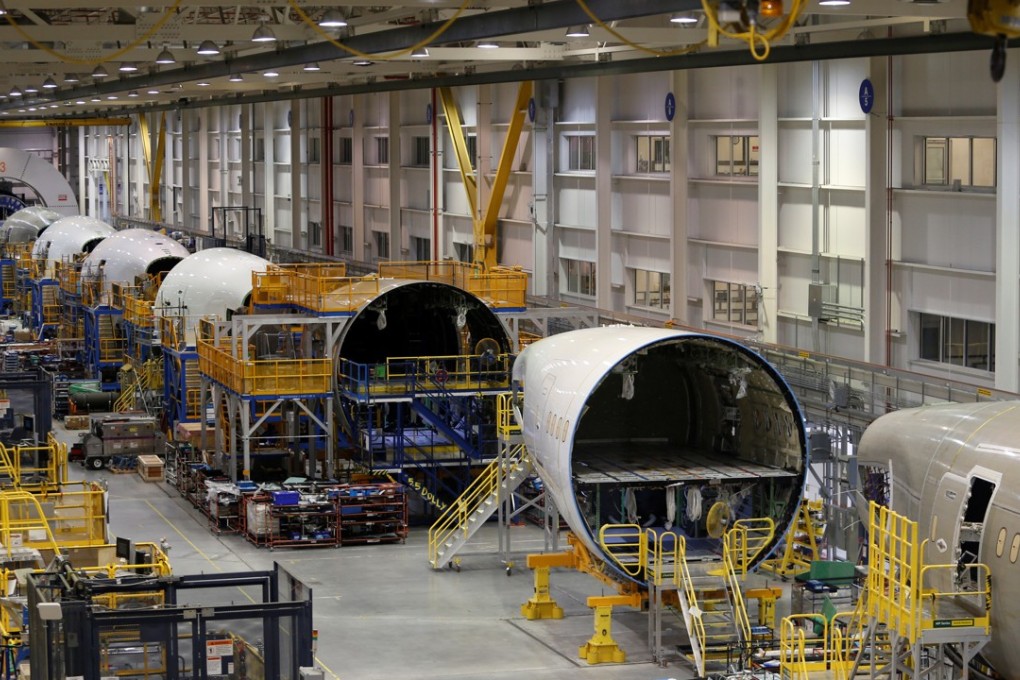From car giants to food firms, American companies calculate cost of China-US trade war
Agricultural behemoth Cargill and aerospace corporation Boeing urge Beijing and Washington to get back to the negotiating table

Companies and trade groups in the United States and China have raised concern about the potential fallout from the escalating trade dispute between the world’s two biggest economies.
Beijing retaliated immediately to tariffs on tens of billions of dollars worth of Chinese imports imposed by US President Donald Trump on Friday, igniting a trade war that threatens to cut into the pair’s massive bilateral trade – potentially harming exporters and US multinationals keen on China’s huge market.
Top among American products hit by China’s duties are agricultural exports, with soybeans, sorghum, oranges, pork, poultry and beef included in the US$34 billion in goods targeted for higher border taxes starting next month.
Agricultural trader Cargill, the largest US private company, called for dialogue between Beijing and Washington so businesses, farmers and consumers would not be caught up in an all-out trade war.
“Trade conflict ... will lead to serious consequences for economic growth and job creation and hurt those that are most vulnerable across the globe,” Cargill vice-president Devry Boughner Vorwerk said.
A spokeswoman for grain trader Archer Daniels Midland also said bilateral dialogue should be pursued, adding that China “continues to be an important export market for American food and agriculture”.